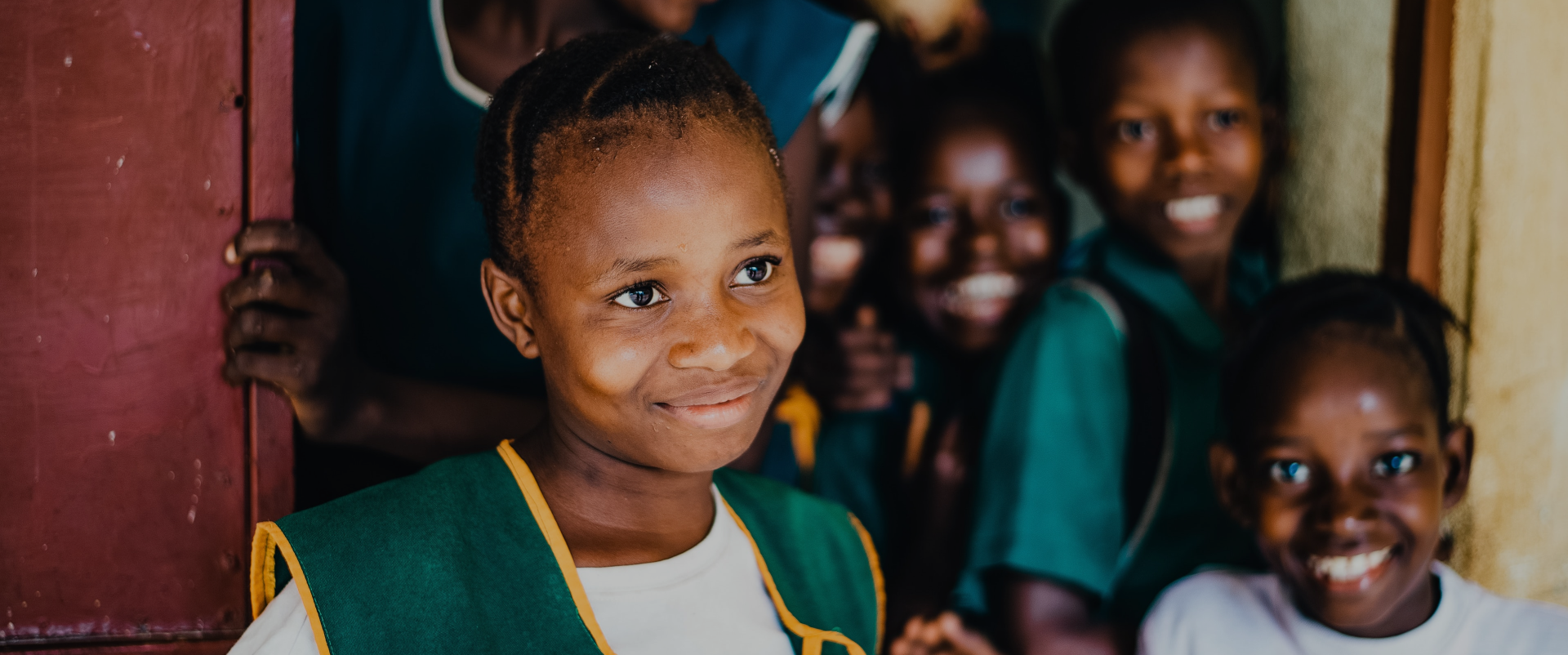
Attitudinal Change Towards MHM: The Way Forward for Ghana
“Empowering women and girls for a good menstrual hygiene” is the theme for the menstrual hygiene day 2018. Menstrual Hygiene Management (MHM) is one of the focus areas of J Initiative’s programmes dubbed the Happy School Girl Project (HSGP). The UN believes 1 in 10 girls in sub-Saharan Africa miss school during their period-thus missing a fifth of the academic year. The HSGP is built on the premise that menstruation as a natural occurrence should not keep girls out of school. It is therefore important that everything a girl needs to make her feel comfortable during her period is made available to her. These include knowledge about the subject, support services and infrastructure as well as sanitary towels.
MHM is defined by the WHO/Unicef Joint Monitoring Programme (JMP) hygiene working group as: “Women and adolescent girls (are) using a clean menstrual management material to absorb or collect menstrual blood, that can be changed in privacy as often as necessary for the duration of a menstrual period, using soap and water for washing the body as required, and having access to safe and convenient facilities to dispose of used menstrual management materials. They understand the basic facts linked to the menstrual cycle and how to manage it with dignity and without discomfort or fear.”
This definition is all encompassing and enough for a lot to change around menstruation if our attitude is right and to build the right support network for girls to feel comfortable and cared for during their period. It is attitudinal problem that make us leave the discussion on MHM to girls when it is not a girls’ only thing. It is the attitude of all of us (parents, community, government institutions mandated to provide support to the development of children (girls) and leaders at all levels) that makes it difficult for us to use an integrated/combined approach to dealing with the issues of menstruation. Why aren’t our policies relating to relevant sector such as tax regimes, education, health, infrastructure etc reflective of our acceptance of MHM as a normal developmental process rather than discrimination against womanhood?
Culturally, most people, especially men, find menstrual hygiene a difficult subject to talk about, this has made it difficult to have girls menstruation needs discussed and addressed. As a result, projects/programs in water, sanitation and hygiene (WASH) in Schools -WinS interventions often fail to address all the needs of women and girls including MHM.
Researches done in-country have revealed a number of issues ranging from knowledge gap, lack of awareness, policy, facilities, and to lack of support. It is clear that we have failed as a country to even implement the recommendations given in the studies though some of them can be said to be limited in scope. The truth of the matter is that if we have the right attitude towards MHM we might not even have to wait for a policy to do what is favorable for girls.
On Menstrual Hygiene day 2018, J Initiative is calling on government and all other stakeholders to prioritize MHM to help attain Sustainable Development Goals 4 (Quality Education), 5 (Gender Equality) and 6 (Clean water & sanitation), let us make girls feel happy during period.

